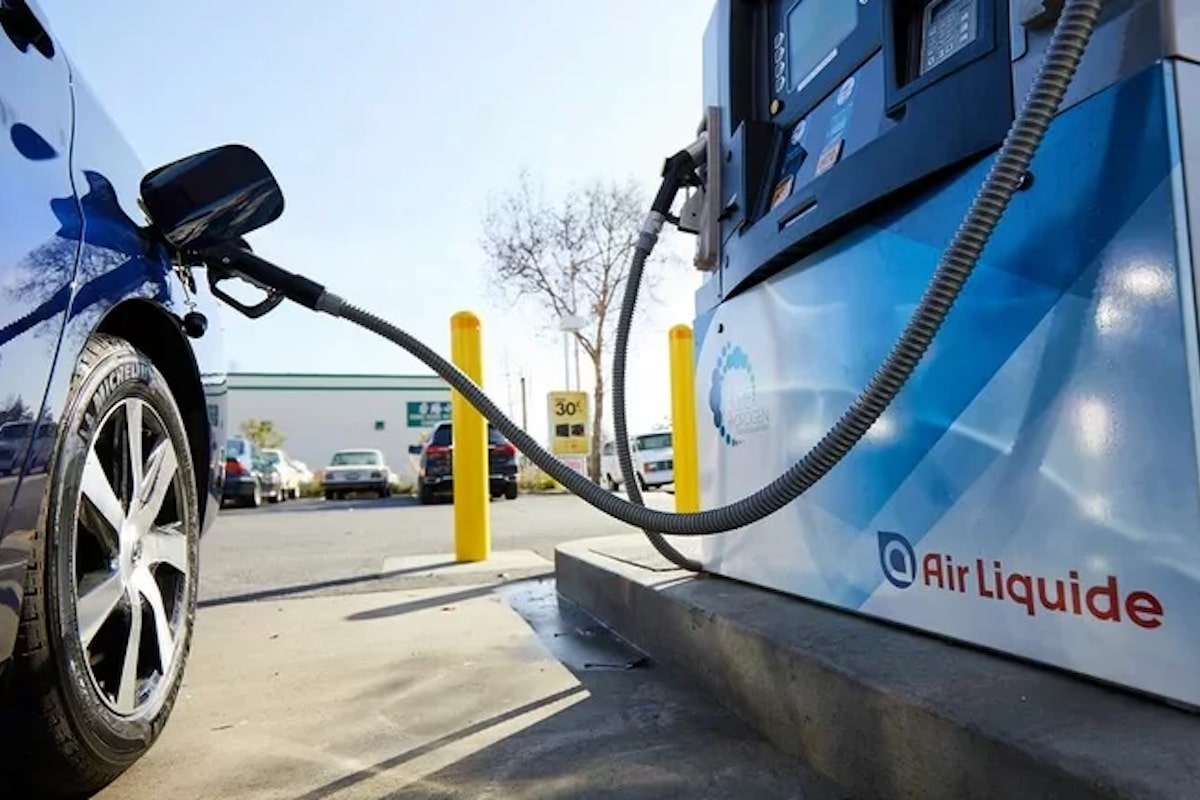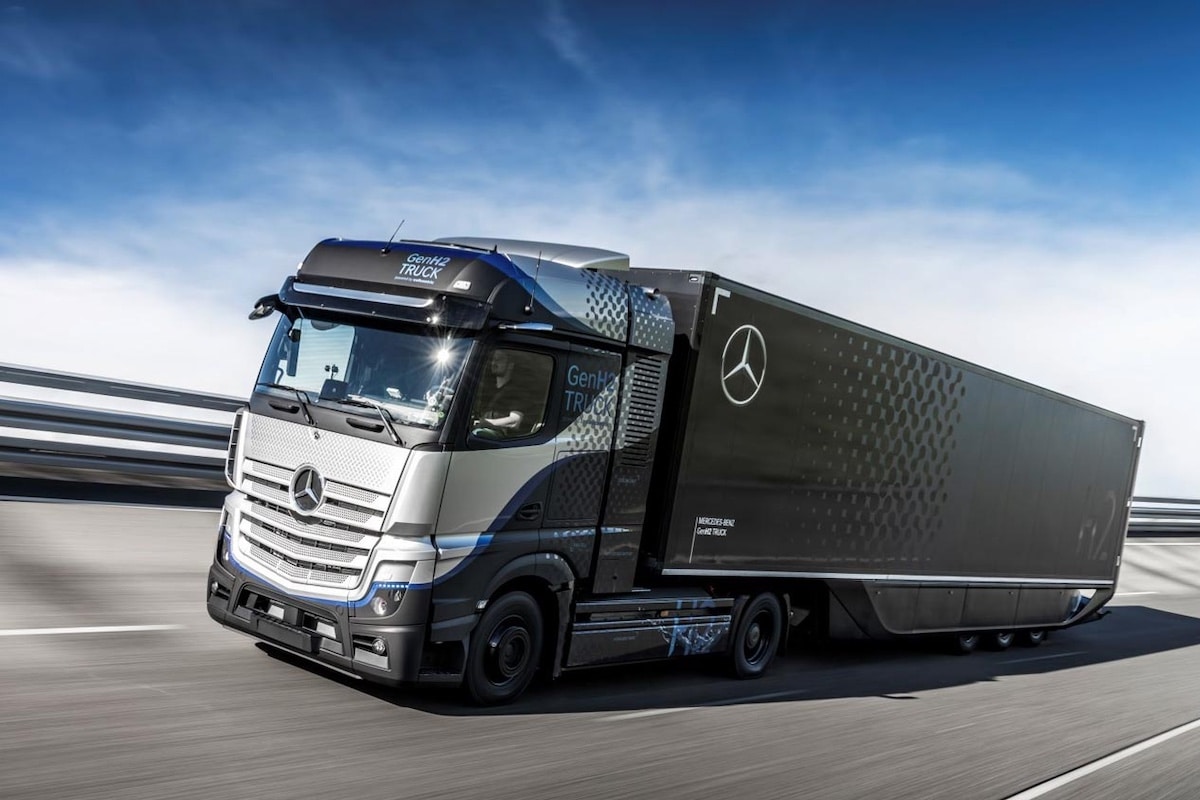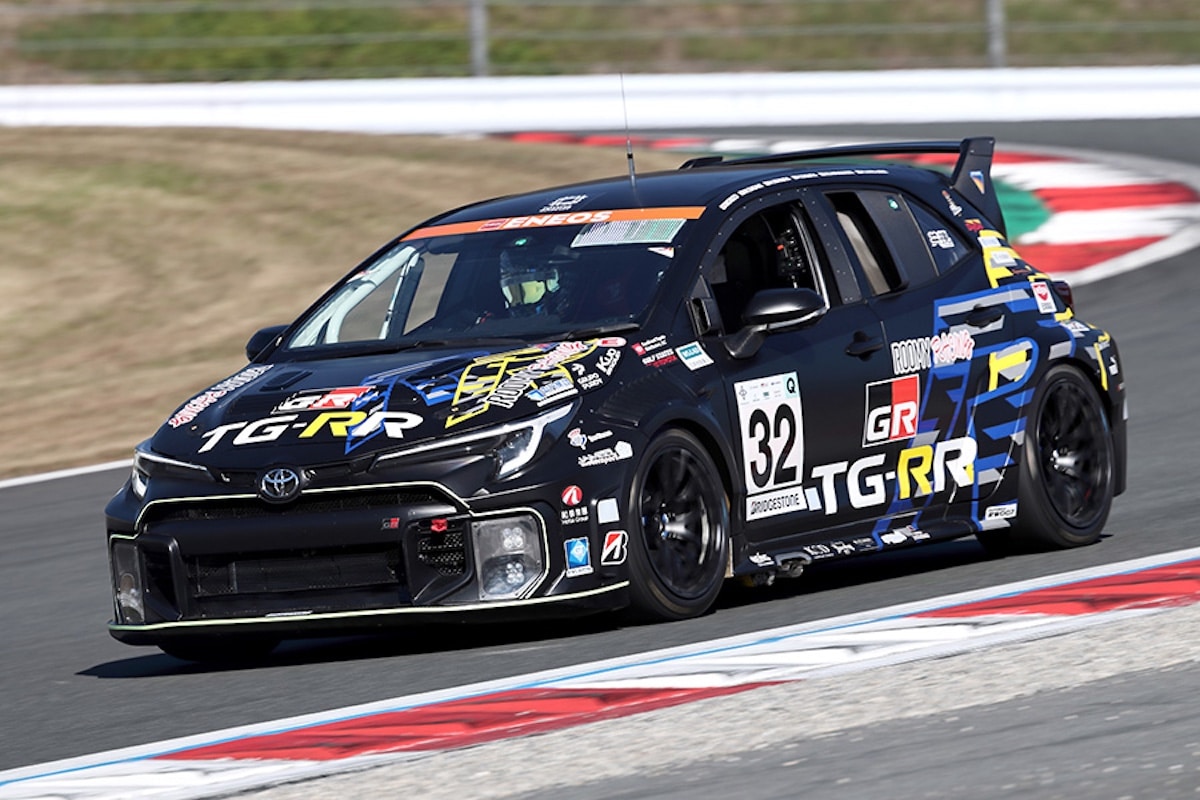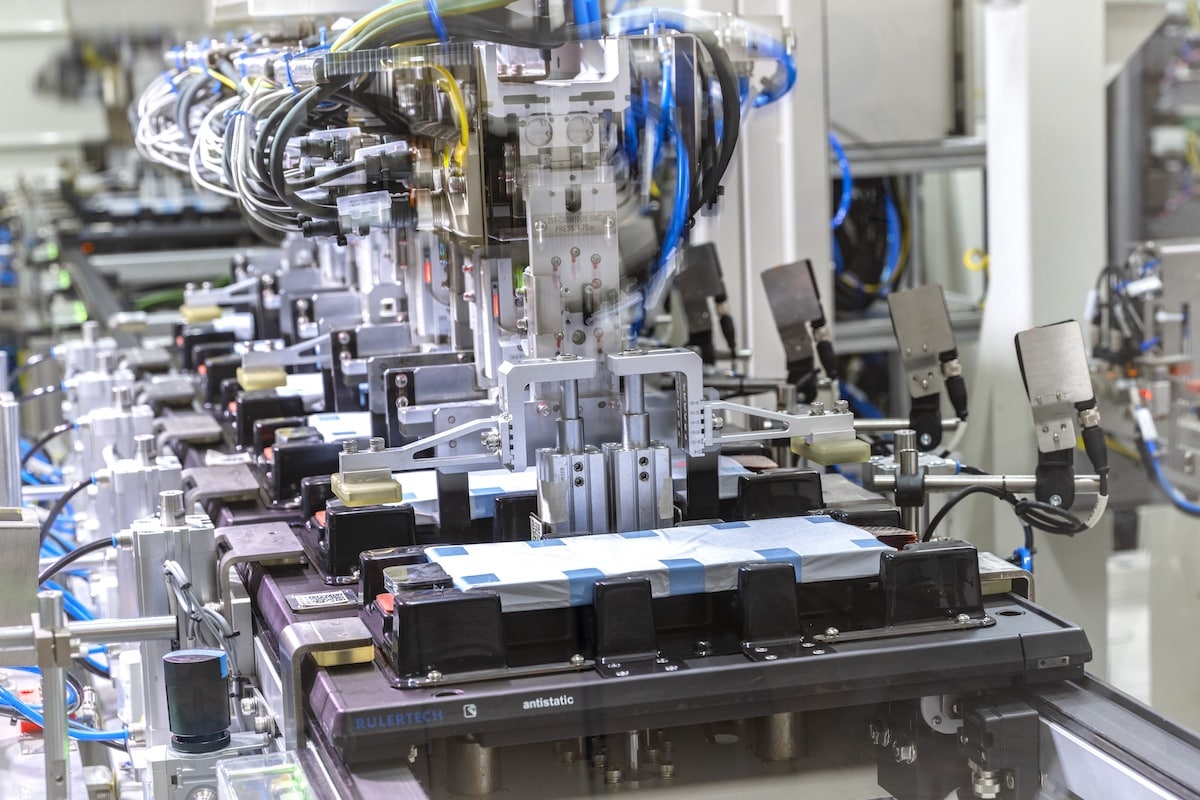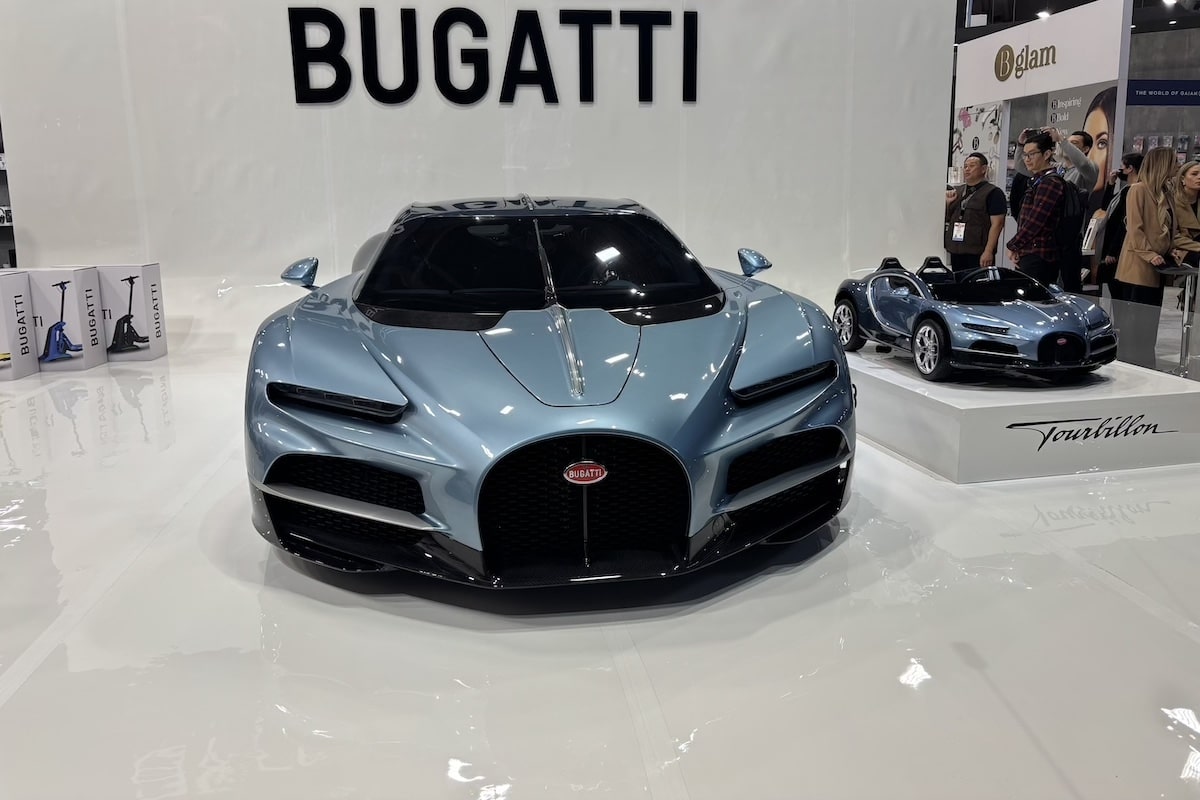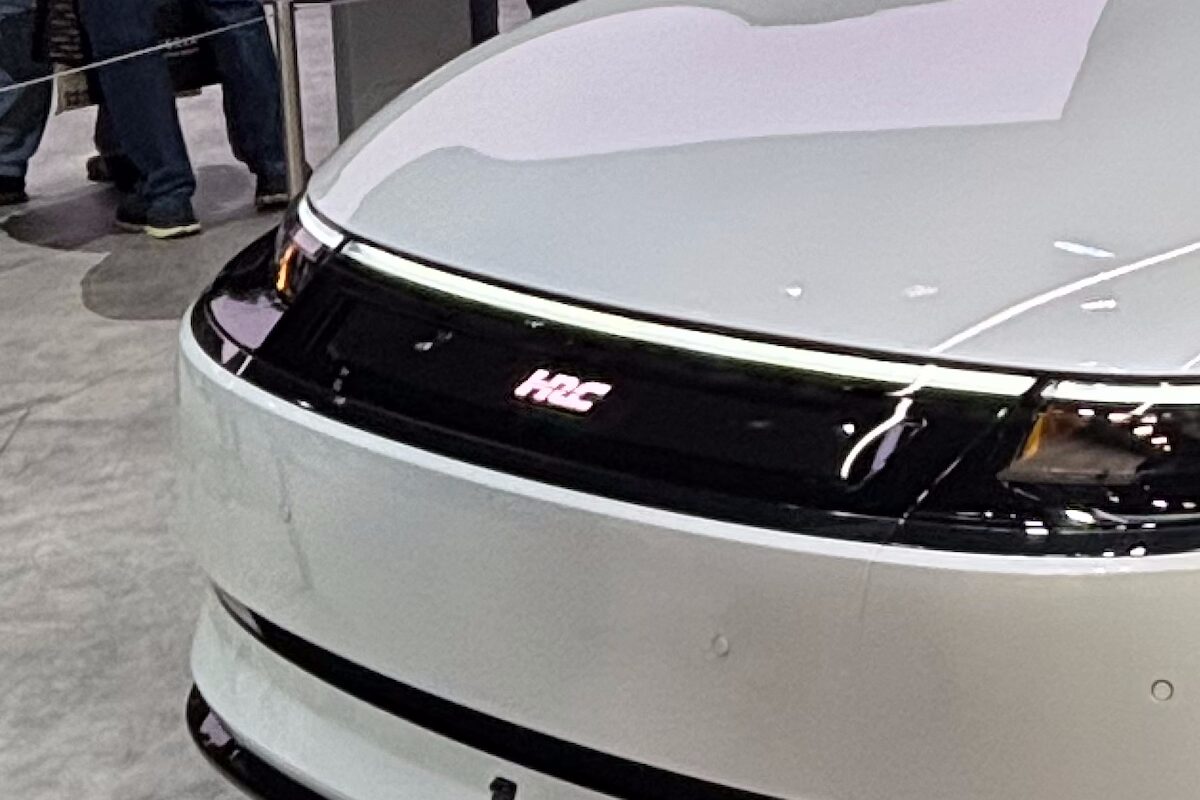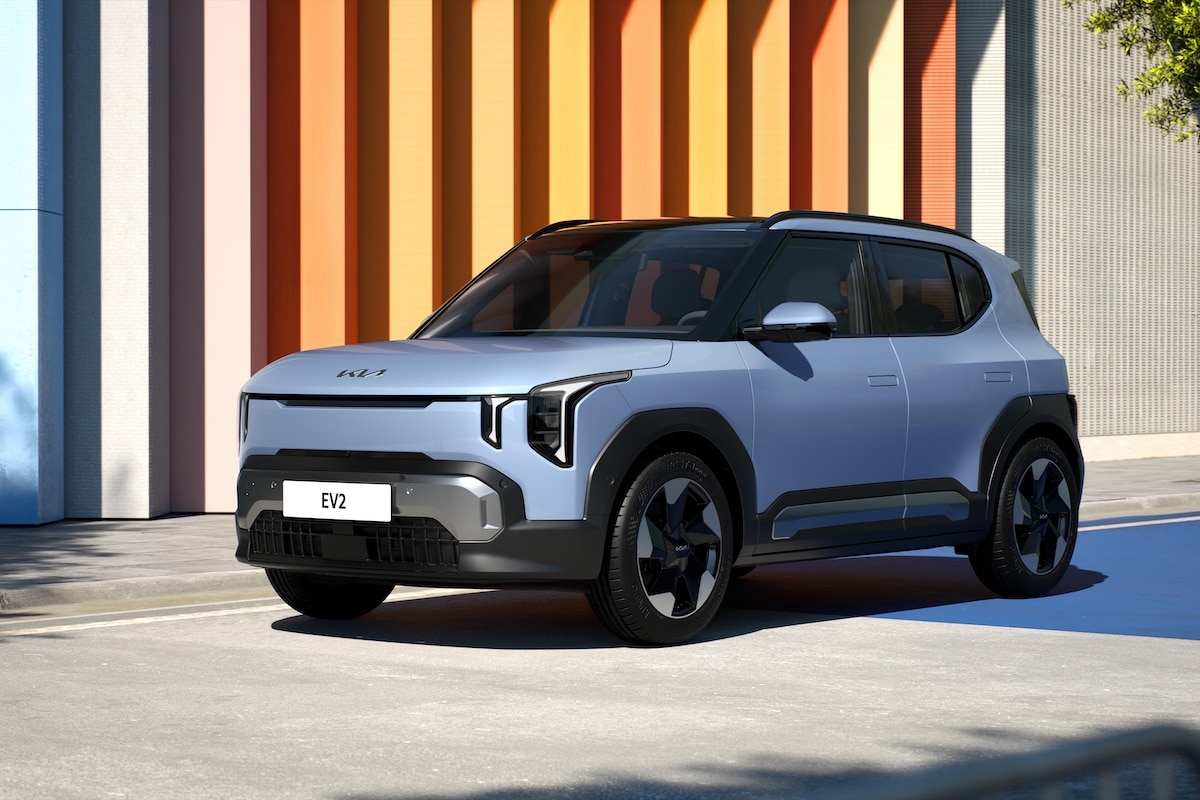Hydrogen: BMW Advances While Others Retreat
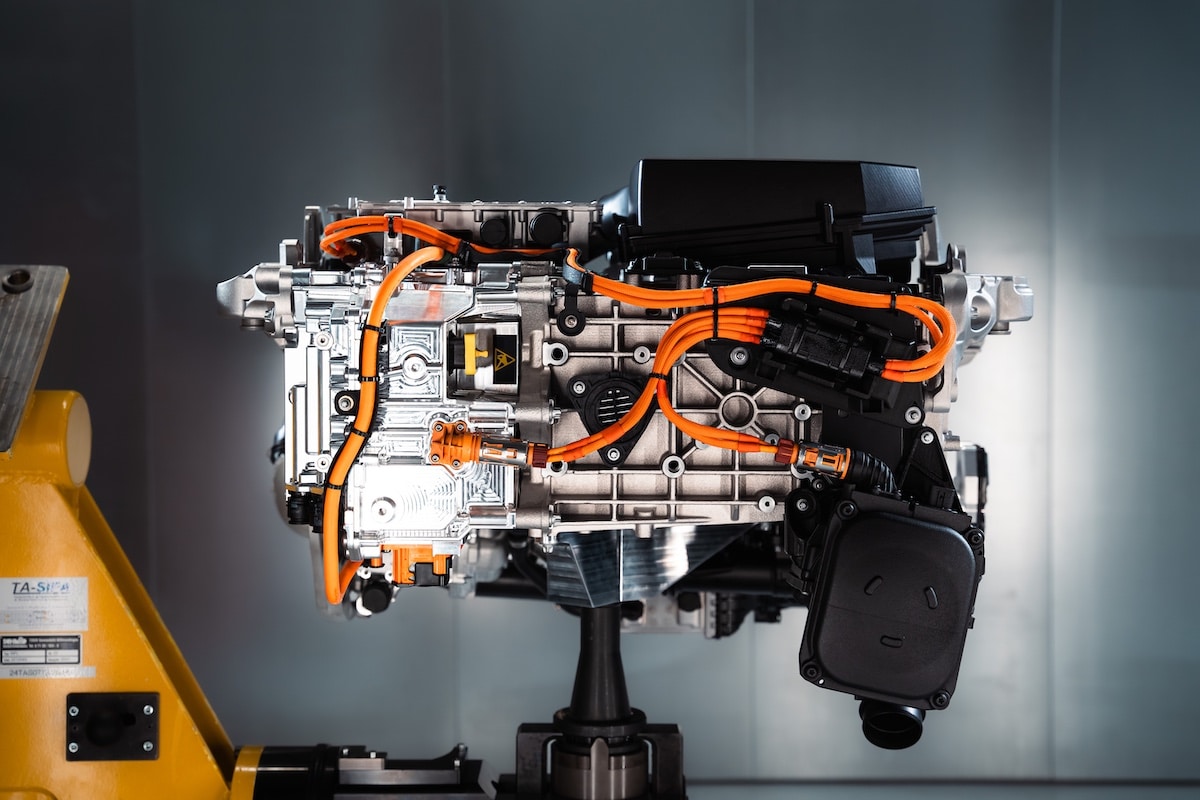
The BMW Group is preparing for the future by diversifying its powertrains, but is it not dangerous to spread itself so thin?
Starting in 2028, the BMW plant in Steyr, Austria, will begin mass production of third-generation fuel cells. By relying on its competence centers in Munich and Steyr for prototypes, and in Landshut for key components like the “BMW Energy Master,” the manufacturer confirms its leading role in a still-fragile European hydrogen sector.
Technically, this new generation promises a 25% reduction in size, better integration into platforms, and increased efficiency. But behind these advancements, the challenge is primarily economic and industrial: nearly non-existent infrastructure, high production costs, and limited supply of green hydrogen continue to hinder the growth of this technology.
Hydrogen deserves a chance
In the face of this equation, strategies diverge. Hyundai has chosen to invest heavily with its Nexo range and its heavy-duty division, betting on hydrogen as a pillar of heavy and long-distance mobility. Toyota, for its part, continues to develop the Mirai and remains a key partner of BMW, seeing fuel cells as an essential alternative to the all-electric approach. Mercedes, on the other hand, has distanced itself from hydrogen for passenger vehicles, focusing its efforts on battery electric vehicles and reserving hydrogen for certain heavy-duty projects.
In this context, BMW’s decision appears to be a measured bet: investing enough not to miss a technological shift, while continuing to develop its Neue Klasse electric range, envisioned as the backbone of its mid-term strategy.
For Europe, the announcement also has an industrial significance: it consolidates jobs and expertise on the continent as China and Korea accelerate their own programs. But the central question remains: should we continue to support two costly sectors – battery and hydrogen – or concentrate efforts on electrification, which is more advanced and better supported by infrastructure?
You might be interestedin this article:
By betting on both fronts, BMW is attempting to keep its options open. The question remains whether hydrogen will finally manage to go beyond promises and establish itself as a true industrial solution.
READ ALSO: Toyota invests heavily in hydrogen!
This page is translated from the original post "Hydrogène : BMW avance quand d’autres reculent" in French.
We also suggestthese articles:
Also read
